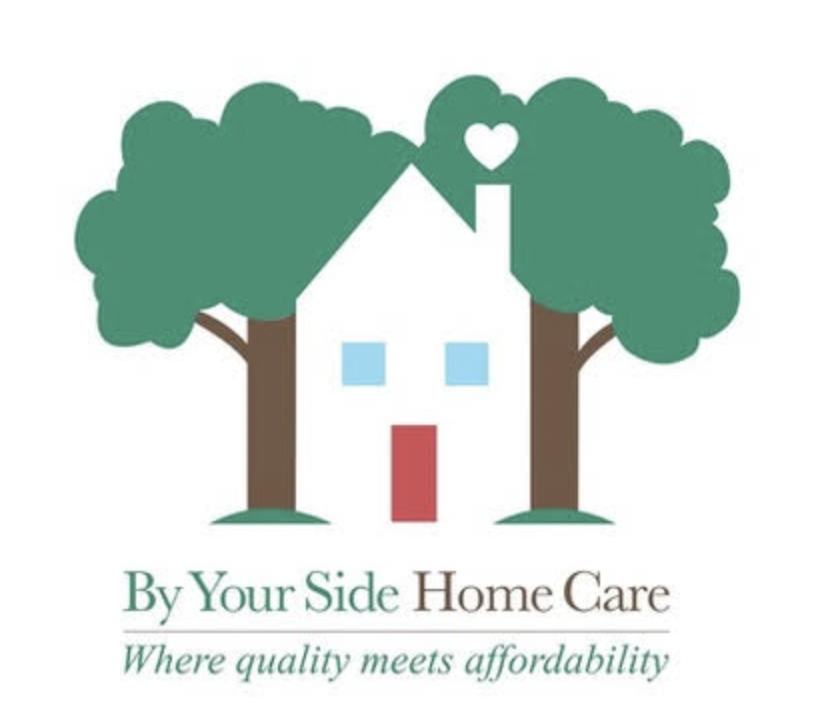Communication With Alzheimer’s Patient
Introduction: Communication forms the backbone of our human connections, enabling us to share our thoughts, emotions, and experiences. However, when faced with Alzheimer's disease, a condition that affects memory, thinking, and language abilities, communication can become challenging for both the patient and their loved ones. In this blog post, we'll explore effective strategies for fostering meaningful connections with Alzheimer's patients, helping to maintain their dignity, and enhancing their quality of life.
1. Simplify and Adapt Language: Alzheimer's patients often struggle with processing complex information and understanding abstract concepts. To facilitate effective communication, it's crucial to simplify your language and use short, straightforward sentences. Avoid jargon, idioms, or sarcasm that might confuse or frustrate them. Instead, use clear and concise words, maintaining a calm and reassuring tone.
2. Non-Verbal Communication: While verbal communication may become increasingly challenging, non-verbal cues can play a significant role in conveying messages to Alzheimer's patients. Maintain eye contact, smile, and use gentle touch to establish a sense of connection and reassurance. Gestures, facial expressions, and body language can also help convey your intentions and emotions effectively.
3. Be Patient and Allow Extra Time: As Alzheimer's progresses, patients may experience delays in processing information, formulating responses, or finding the right words. It's crucial to remain patient and provide ample time for them to express themselves. Avoid rushing or interrupting, allowing them to communicate at their own pace. Patience and understanding go a long way in creating a safe and supportive environment.
4. Use Visual Aids and Reminders: Visual aids can serve as powerful tools to enhance communication with Alzheimer's patients. Utilize photographs, familiar objects, or written cues to trigger memories or facilitate understanding. Visual schedules or calendars can help them navigate daily routines, making it easier for them to follow along. These visual cues provide a sense of structure and familiarity, fostering a more effective means of communication.
5. Engage in Active Listening: Listening attentively and validating the feelings of Alzheimer's patients are essential aspects of effective communication. Show genuine interest, maintain an open posture, and give your undivided attention. Repeat and rephrase their statements to demonstrate your understanding and provide reassurance. By actively listening, you create an environment where they feel heard, respected, and valued.
6. Focus on Emotions and Connection: While the details of a conversation may become hazy for an Alzheimer's patient, emotions remain intact. Engage in conversations that evoke positive emotions and focus on shared experiences or memories. Engaging in activities that they enjoy, such as listening to music, looking at photo albums, or engaging in sensory stimulation, can also foster a deep sense of connection.
7. Minimize Distractions: A quiet and calm environment can significantly improve communication with Alzheimer's patients. Reduce background noise, such as the TV or radio, which may cause confusion or hinder their ability to concentrate. Choose a comfortable and familiar setting that allows for meaningful interactions without distractions.
Conclusion: Effective communication with an Alzheimer's patient requires patience, understanding, and adaptability. By simplifying language, utilizing non-verbal cues, being patient, and focusing on emotions, we can establish meaningful connections that enhance the well-being and quality of life for both the patient and their loved ones. While Alzheimer's may present challenges, our unwavering commitment to maintaining connections ensures that the essence of who they are continues to be cherished and appreciated. By Your Side is also here to offer you peace of mind by assuring that your elderly loved one is well cared for. We invite you to contact us for a free, no-obligation, in-home consultation.

